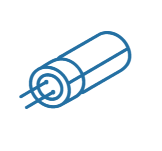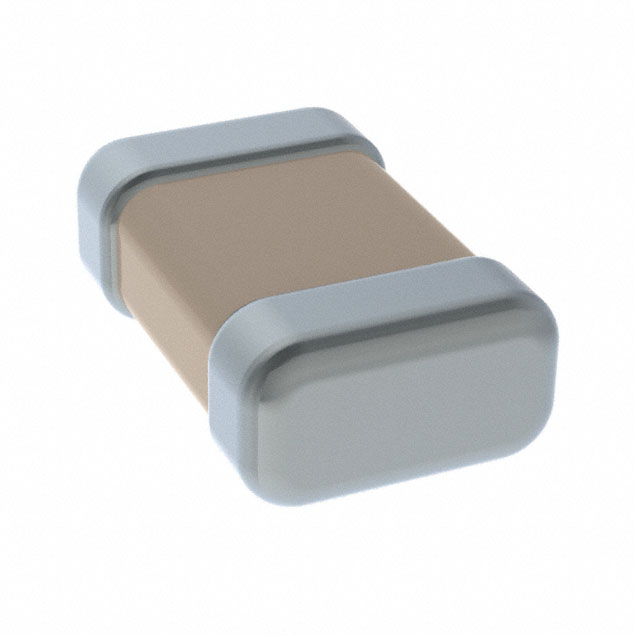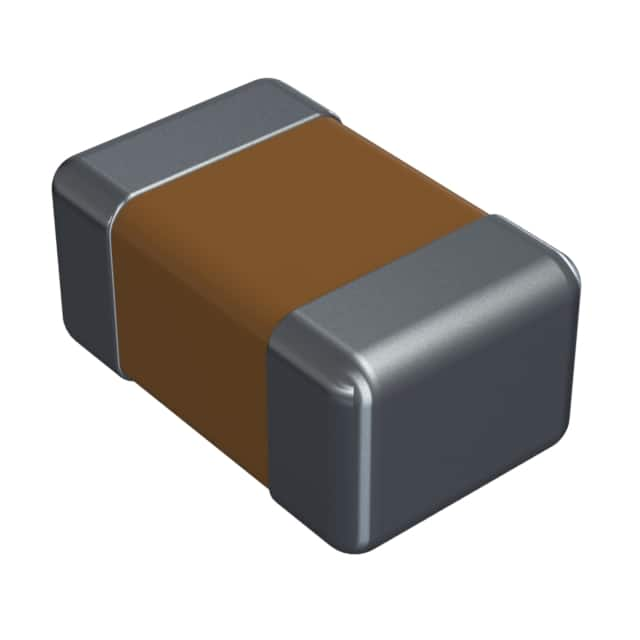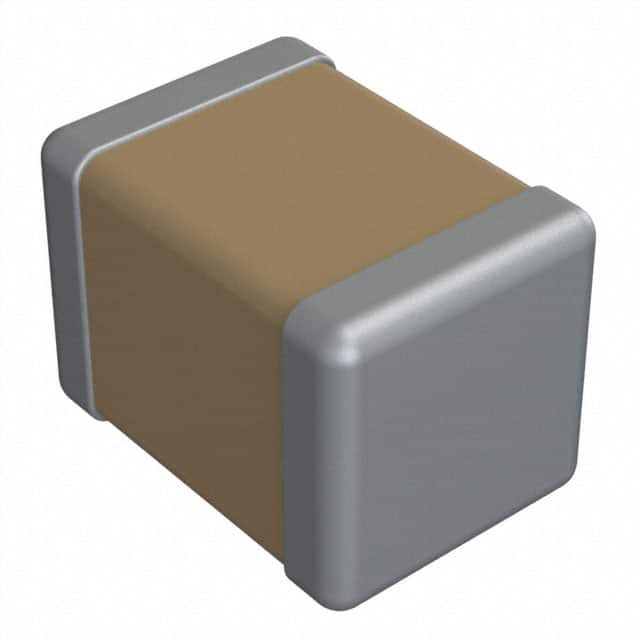
Capacitors 986,870+ Parts
Capacitor Category Description
Capacitors are passive electrical components used in almost all electronic applications. There are many types of capacitors depending on the application and requirements.
Dasenic offers a wide range of capacitor products such as tantalum, aluminum, polymer, electrolytic, film capacitors and ceramic capacitors. Each type of capacitor has its own unique advantages and disadvantages to meet the different circuit requirements of your various projects.
Capacitor definition
What is capacitor ?
A capacitor is an electronic component that can store charge and energy. It consists of two conductive plates (called electrodes) and an insulating material (called a dielectric or dielectric) sandwiched between them. The main parameters of a capacitor include capacitance (in farads, usually expressed in microfarads μF or nanofarads nF), withstand voltage (the maximum voltage that a capacitor can withstand), temperature coefficient, equivalent series resistance (ESR), etc.
The main functions of capacitors in circuits include:
Energy storage: Capacitors can store electrical energy and release it when needed. This feature is very important in power supply systems.
Filtering: Capacitors can be used to filter out noise in signals. In power supply circuits, capacitors are often used to smooth voltage fluctuations.
Coupling: In an AC circuit, capacitors can be used to block the DC component and allow only the AC signal to pass through, which is called signal coupling.
Tuning: In radio and communication equipment, capacitors and inductors are used together to tune the circuit to select a specific frequency.
Capacitors have a wide range of applications, including energy storage, decoupling, filtering, timing circuits, motor starting, power factor correction, signal coupling,etc.
Capacitors Subcategories
Capacitor Accessories 281
Explore components
Aluminum Polymer Capacitors 6448
Explore components
Aluminum Electrolytic Capacitors 111673
Explore components
Capacitor Networks, Arrays 2055
Explore components
Ceramic Capacitors 674194
Explore components
Electric Double Layer Capacitors (EDLC), Supercapacitors 2302
Explore components
Film Capacitors 75972
Explore components
Mica and PTFE Capacitors 8945
Explore components
Niobium Oxide Capacitors 332
Explore components
Silicon Capacitors 219
Explore components
Tantalum polymer capacitors 8837
Explore components
Tantalum Capacitors 90073
Explore components
Thin Film Capacitors 3463
Explore components
Trimmers Variable Capacitors 2605
Explore components
Certified Manufacturers
AHS Micro
2 Products
AIC tech
23 Products
AiSHi Capacitors
22 Products
KYOCERA AVX
65248 Products
Amotech
268 Products
American Shizuki (ASC)
49 Products
Bivar
1 Products
Bourns
39 Products
Cal-Chip Electronics
172 Products
CAP-XX
121 Products
Chinsan Electronic
287 Products
Cornell Dubilier Electronics (CDE)
575 Products
Darfon Solar
896 Products
Electronic Concepts Inc.
11 Products
Elna America
121 Products
EPCOS - TDK Electronics
8765 Products
Evans Capacitor Company
55 Products
EW Electronics
20 Products
EXXELIA
106 Products
Frontier Electronics
276 Products
Galco Industrial Electronics
8 Products
Hartland Controls/Littelfuse
37 Products
Holy Stone Enterprise Co., Ltd.
70 Products
Inventus Power
1 Products
IPDiA
12 Products
Johanson Dielectrics Inc.
3 Products
Johanson Manufacturing
126 Products
KEMET
119667 Products
Knowles
2201 Products
Knowles Syfer
257676 Products
Knowles Voltronics
721 Products
LICAP Technologies, Inc.
16 Products
Man Yue
33 Products
Maxwell Technologies
58 Products
Meritek
6696 Products
Murata Electronics
37534 Products
NextGen Components, Inc.
42 Products
NTE Electronics Inc.
226 Products
Ohmite
74 Products
Paktron
60 Products
Panasonic
127 Products
PowerRESPONDER
8 Products
Pulse Electronics
54 Products
Renesas
1 Products
Rubycon Corporation
9 Products
Skeleton Technologies
11 Products
Skyworks Solutions
23 Products
Songtian Electronics
51 Products
Sprague-Goodman
1197 Products
Sruite Electronic Technology
22 Products
Stackpole Electronics
83 Products
Suntsu Electronics
445 Products
Surge Components
48 Products
Susumu
43 Products
Taiyo Yuden
6159 Products
Tecate Group
136 Products
Trigon Components
187 Products
TubeDepot
140 Products
CTS Corporation
54 Products
United Chemi-Con
5 Products
Venkel
4284 Products
Viking Tech
69 Products
VINATech
13 Products
Visaton
29 Products
Vishay
116886 Products
Walsin Technology Corporation
12720 Products
Waldom Electronics
24 Products
WIMA
914 Products
XS Power Batteries
2 Products
YAGEO
7335 Products
Würth Elektronik
7 Products
Abracon
24 Products
Cornell Dubilier
97 Products
Macom®
37 Products
Microchip
14 Products
Nichicon Corporation
115 Products
ROHM Semiconductor
22 Products
Samsung Electro-Mechanics
3723 Products
Seiko Instruments
13 Products
Semtech Corporation
157 Products
TDK Corporation
16239 Products
TE Connectivity
367 Products
Vicor Corporation
1 Products
Johanson Technology
2756 Products
Essentra Components
5 Products
TDK Electronics
47 Products
Eaton
244 Products







